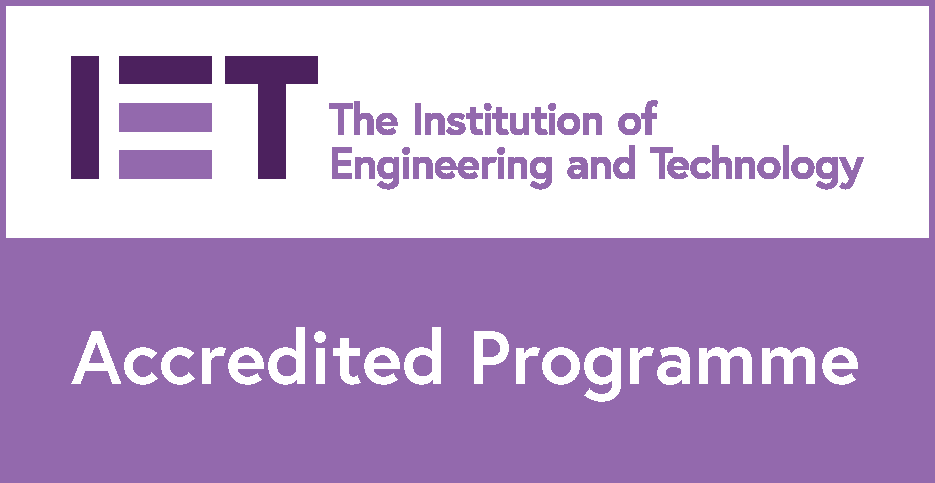Strand Campus
Strand Campus feels like the heart of London—historic yet buzzing with energy. Nestled by the Thames, it offers world-class academics, vibrant student life, and endless inspiration from the city’s culture and diversity.
Our Mobile Communications MSc will train you to become a proficient engineer in all aspects of mobile and digital communications. This field is fundamentally transforming technology, with the 6G revolution set to redefine connectivity. The world of robotics, drones, autonomous vehicles, virtual reality, and embedded AI all require engineers with this expertise.
This degree provides a clear pathway to an exciting array of careers in these future-focused telecommunications technologies, including AI and quantum technologies, as well as traditional routes such as finance, data analysis and consultancy.
Designed for graduates or professionals with a background in engineering, robotics, or computer science and AI, the course covers fundamental aspects of personal and mobile wireless communication technology, communication networks, advanced digital communications theory and techniques and signal processing. Alongside this, a range of optional modules allows you to develop a study pathway that reflects your interests.
Accredited by the Institution of Engineering and Technology (IET) on behalf of the Engineering Council as meeting the requirements for Further Learning for registration as a Chartered Engineer. Candidates must hold a CEng accredited BEng/BSc (Hons) undergraduate first degree to fully meet the CEng registration educational requirements. Period of accreditation: 2025-2028
King’s is a leading centre for teaching and researching telecommunications, having been part of the global ecosystem which designed and deployed telecommunications technology from 2G to 6G today. Our academics contribute to cutting-edge research and ground-breaking innovation, working with more than 200 collaborators, including top industry players and governments around the world.
Our Master's in Mobile Communications will equip you with an in-depth understanding of telecommunications systems, preparing you for the next generation of connectivity. You will master everything from wireless networks and signal processing to the foundational principles of 6G, edge computing, and quantum information and algorithms. Beyond the technology, you will explore its diverse applications in telehealthcare, emergency services, transportation, automation, and immersive audio, ensuring you understand the real-world needs of a wide range of users.
Alongside this, you can choose from a range of optional modules - including advanced machine learning and intelligence and autonomy - to understand how telecoms is supporting AI-based technologies, antennas and propagation and information engineering.
The course culminates with a major research project, implementing your knowledge and skills to tackle a real-world problem, including potentially collaborating with one of our industry partners. Projects could involve developing use cases for 6G technologies, such as in remote surgery or education, developing cellular connected unmanned aerial vehicle (UAV) systems, Edge offloading for extended Reality (XR) rendering, and more.
You’ll develop your communication skills by demonstrating and presenting your project, including recording a video to share your work. Some students even get to work on major live UK/EU research projects - alongside PhD and post doc researchers - which are connected to major innovations, such as developing UK 6G infrastructure, with Master’s students even getting to publish and present their work at conferences.
Course type:
Single honours
Delivery mode:
In person
Study mode:
Full time
Duration:
One year full-time, September to September
Credit value:
UK 180/ECTS 90
Application status:
Open
Start date:
September 2026

Reviewed, inspected and accredited by the The Institution of Engineering and Technology (IET)

King's College London and Affiliates
Strand Campus feels like the heart of London—historic yet buzzing with energy. Nestled by the Thames, it offers world-class academics, vibrant student life, and endless inspiration from the city’s culture and diversity.
Our Waterloo campus is home to the Florence Nightingale Faculty Nursing & Midwifery, and a vibrant hub for health, social science, and law students. Located moments from the iconic landmarks of South Bank and just a short walk to the Stand campus.